Last updated: February 17, 2023
We hooked our horse to an old-style plow and tilled the ground for a small garden. The neighborhood kids were amazed at how easily the horse pulled the plow through the ground, and one asked me, “How strong are horses?” I wondered the same thing, so I did some research.
Horses are strong enough to pull up to three times their weight, carry over 400 lbs., bite with a force of over 500 PSI and kick hard enough to kill a human. Horses are so strong they could put a beat-down on Chuck Norris.
Some horse breeds tend to be stronger than others, but most can pull and pack tremendous loads. The following article will answer all your questions about the power of horses. Specifically, it examines how weight affects a horse’s strength and what breeds are stronger than others. Read on to learn more!
Horses strength.
Overall, horses are pretty robust animals that are strong in many aspects. Their strength is a part of their makeup, and thanks to evolution, they have developed thick muscles, powerful lungs, and a large heart that help them run fast and be efficient when it comes to doing strenuous work.
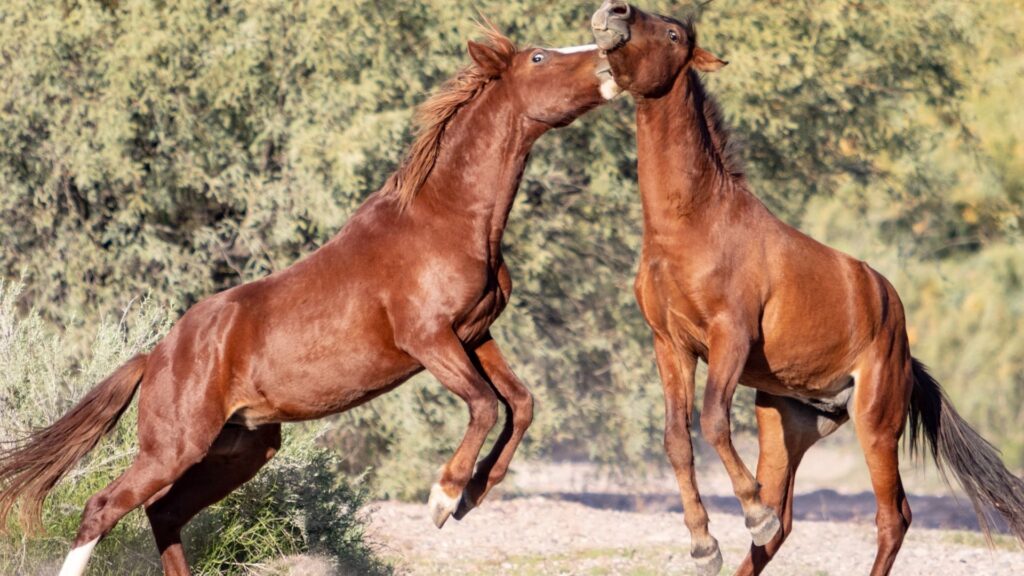
How strong is an average horse?
The strength of a horse is somewhat difficult to pinpoint as it all depends on the type of breed and the amount of weight that they can withhold. In our eyes, horses are already strong because they can carry us on their backs all day without showing signs of exhaustion.
Horses’ are strong enough to carry heavy loads.
Typically, horses can carry up to 400 pounds according to the 20% rule. They can safely carry 20% of their body. For example, larger draft horses weighing about 2,000 pounds can theoretically have someone weighing roughly about 400 pounds on their backs.
However, it depends on the horse’s weight and if the horse is trained for this amount of weight, as some may argue that adding an individual who weighs around 200-250 pounds can cause the horse to have short-term and long-term conditions.
Adding too much weight to the horse can cause pinching of nerves, arthritis, and deteriorated muscle function. The horse’s back, where the saddle sits, extends to the lumbar region behind the thoracic vertebrae, crucial to its weight-carrying abilities.
Their back structure includes bones, muscles, ligaments, and tendons, allowing them to sustain the weight on their backs.
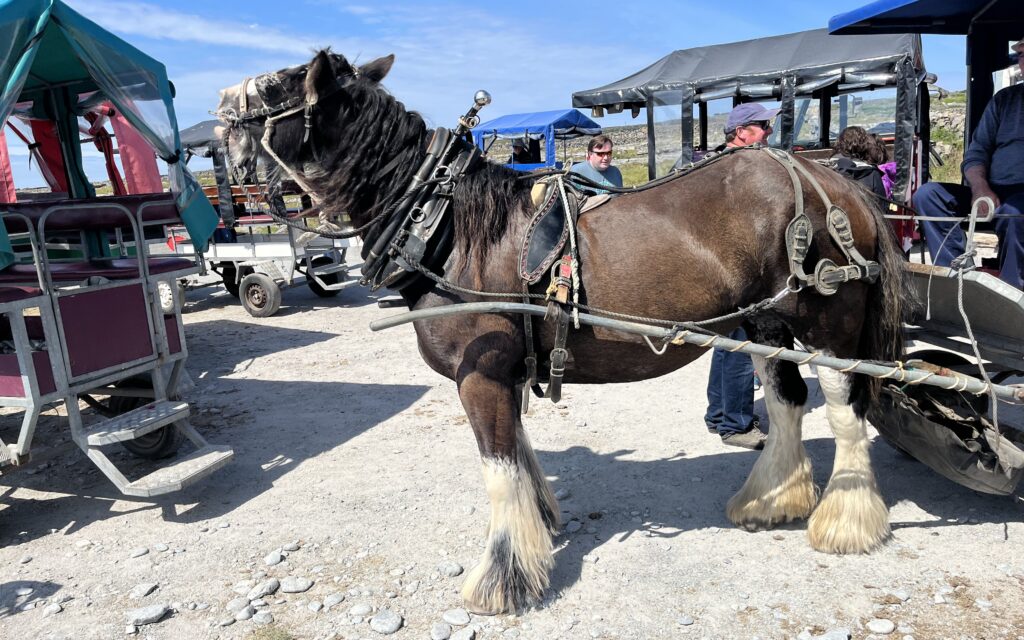
Horses’ pulling strength.
What makes a horse such a powerful creature is the force it can pull with their bodies. Horses can successfully pull about 1/10 of their body weight in dead weight, such as a plow. If their load has wheels, they can pull 1.5 times their body weight over a long distance.
Of course, certain conditions can play a factor in the amount of weight the horses can pull, such as the terrain they are walking on or the type of load. The breed that typically holds the pulling records is Belgians.
Horses are strong biters.
Although a horse’s power is typically only perceived by its physical appearance, horses also have an incredible bite force for those who don’t know. Horses can have a bite force anywhere up to 500 psi.
So you have a better idea; humans have a bite force of 200 psi, which means that horses have up to two and a half times more strength in their bite force than we do. Luckily, these adorable equestrians are harmless, and their teeth aren’t made to damage anything they bite.
Horses have a strong kick.
As for their kick force, horses can kick with a force of 2000 psi. I know some individuals don’t know just how strong that impact can feel, so for those curious, their kick can be similar to being hit by a car traveling at 20mph.
Some horse owners may know this pain all too well by being at the wrong place at the wrong time since horses don’t mean to cause us any harm intentionally.
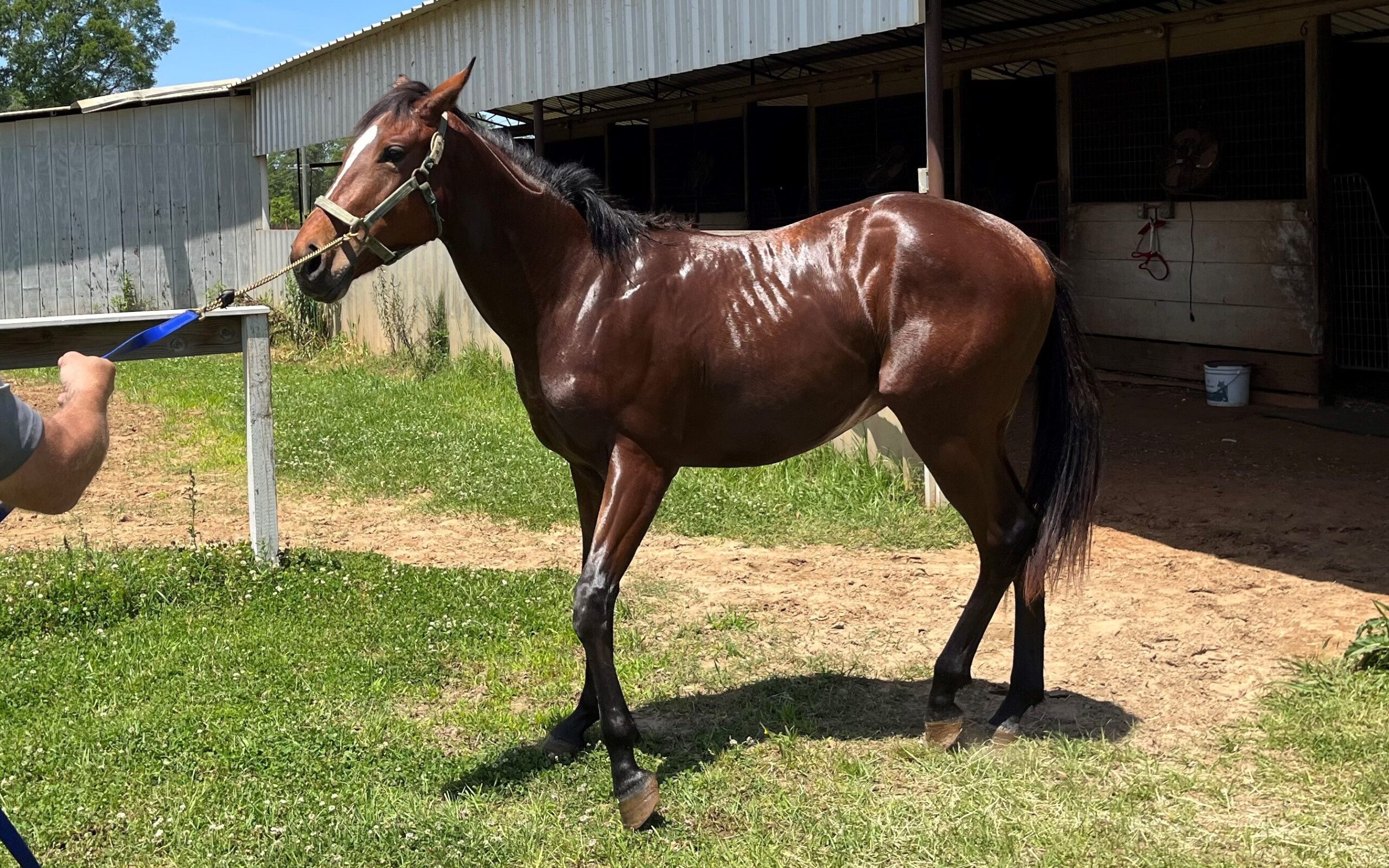
How much stronger is a horse than a human?
Overall, we can easily say that horses are stronger and bigger than the average person. Their bodies developed, making them strong creatures and creating more power than humans. However, some humans can outrun a horse when running long distances because of how our bodies cool down versus how horses cool themselves.
Humans can stay cool at different speeds and long distances that can overheat horses. Depending on who you ask, many will argue that humans have more endurance than four-legged animals, including horses.
Christopher McDougall wrote an interesting book on this topic: “Born to Run: A Hidden Tribe, Superathletes, and the Greatest Race in the World,” He tells the story of ultra runners and how an Indian tribe in Mexico ran down deer.
Realistically, horses have much more strength in their bodies than we do. Looking at their body shape and seeing their thick, muscular bodies, we can see that evolution crafted these delicate creatures to become one of the strongest animals to roam our planet!
Below is a YouTube video discussing the strength of horses.
Are horses stronger than bulls?
When comparing these two muscular animals, it’s tough to say who is the strongest out of the two. Both animals are known for their force and admired for their athletic build.
Determining the strength between the two depends on the type of horse you’re comparing to a bull. A bull is typically stronger when charging; meanwhile, horses such as draft horses are larger and heavier than the bull, making them significantly more potent.
However, a lighter horse would be weaker than a bull, making the bulls win the more robust animal’s title.
When speaking in racing terms, the horse can run faster than the bull until the bull is angry, making the bull capable of outrunning the horse.
Ultimately, it depends on the horse’s size and breed to determine the difference between them. When it comes down to it, it’s evident bulls win the title of the strongest between the two animals by their weight advantage, which is typically heavier than the average horse.
However, I’ve seen people rope bulls from the back of horses and manipulate bigger bulls into corrals that are pulling against their horses.
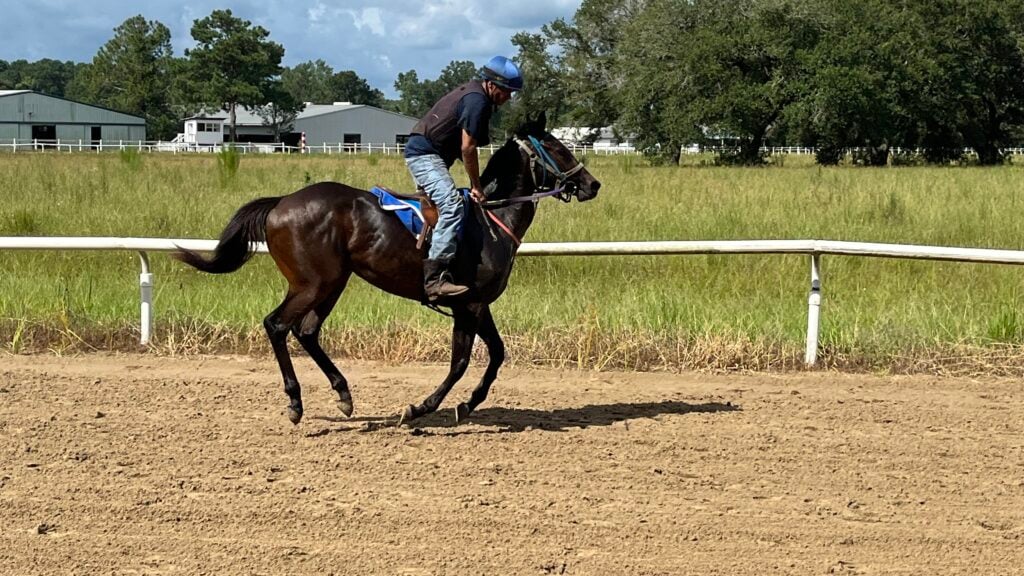
Horses have strengths other than strong muscles.
We touched base on what makes a horse such a powerful creature; however, horses have several strengths asides from their physical capabilities.
They offer strengths such as cooperation over competition; they embody elegance, grace, power, and passion. They portray qualities that some call “feminine values,” such as relationship over territory, emotion, intuition over logic, and the unique approach to life that these qualities create.
With time, horses developed the ability to sense changes in the herd’s stance, arousal levels, and energy shifts. They have learned to quickly transfer to interactions with human beings, making them unique and mystical creatures.
Horses can see through the discrepancies between emotions and intentions. However, they are incredibly patient and forgiving.
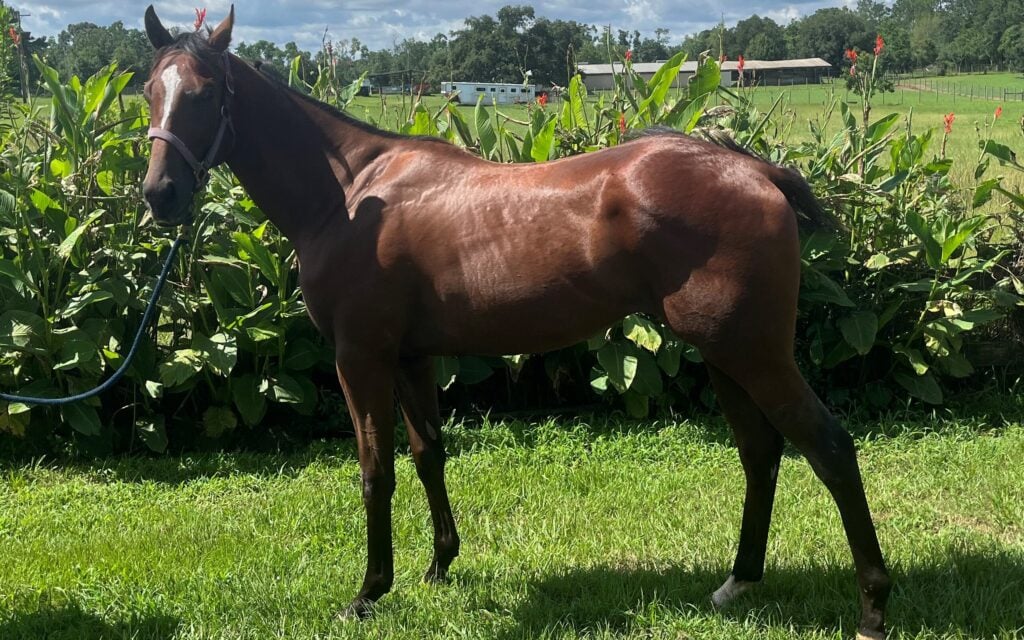
Horses have weaknesses.
When it comes to a horse’s weaknesses, it all depends on the conditions of your horse. Their weakness can be due to a lack of proper training, degenerative bone issues, and a lack of muscle development.
In many cases, these health problems make it painful for the horse to use its rear end and hind legs properly. Numerous injuries and health problems can affect your horse’s overall health and performance.
For example, horses suffering from a weak hind usually appear underdeveloped in the rear compared to their overly developed front end, which leads to lameness. In situations such as these, your horse will have a difficult time executing simple maneuvers.
Some weaknesses can be treated by having your horse examined by a veterinarian to rule out any medical conditions. Some conditions allow you to retrain the horse so that it can have proper balance and be able to work off its rear end.
If the horse is suffering from muscular health issues, various exercises, such as trotting in circles and up hills, help them learn how to use their hind end while also building their muscle tone.
You can help your horse by incorporating a combination of medical and chiropractic work, training, and strengthening exercises to improve their hind ends.
Before beginning an exercise program with your horse, consult a veterinarian so you can determine whether the weaknesses are due to underlying medical issues. This way, you will pinpoint what type of exercise they need instead of winging it, harming your horse, and worsening its condition.
Conclusion
While horses have weaknesses along with their strengths, we can all agree that they are still one of the most powerful animals to roam this world. And as more large breeds are crossed, we will have the luxury of witnessing them grow stronger.
FAQ
What is the strongest muscle in a horse’s body?
The Longissimus dorsi is the strongest muscle in a horse’s body. It originates from the last four cervical vertebrae and extends down the spine to the pelvis. This muscle raises and supports the head and neck and is used for rearing, kicking, jumping, and turning. It also is used to support riders.
What is the largest muscle in a horse’s body?
The gluteus medius is the largest muscle in a horse’s body; it extends the horse’s hip to move its rear legs. This powerful muscle provides multiple functions and benefits such as speed, jumping force, and power-packed kicks.

About the Author: Miles Henry
Lifelong Horseman | Racehorse Owner | Published Author
Miles Henry brings over 25 years of hands-on experience training and owning Thoroughbred racehorses. Raised with Quarter Horses and Appaloosas, he’s spent a lifetime learning from horses—on the track, in the barn, and in the field. Today, he runs a small but successful racing stable in Louisiana and shares real-world insights on HorseRacingSense.com, helping horse owners, fans, and bettors navigate the sport with confidence.
📚 Books: View Miles’s books on Amazon »
🎧 Podcast Guest: Animal Tales Ep. 32 |
YouTube Interview
📩 Newsletter: Sign up for racing tips and horse care advice »
🔗 Follow Miles:
Twitter |
Facebook |
YouTube


